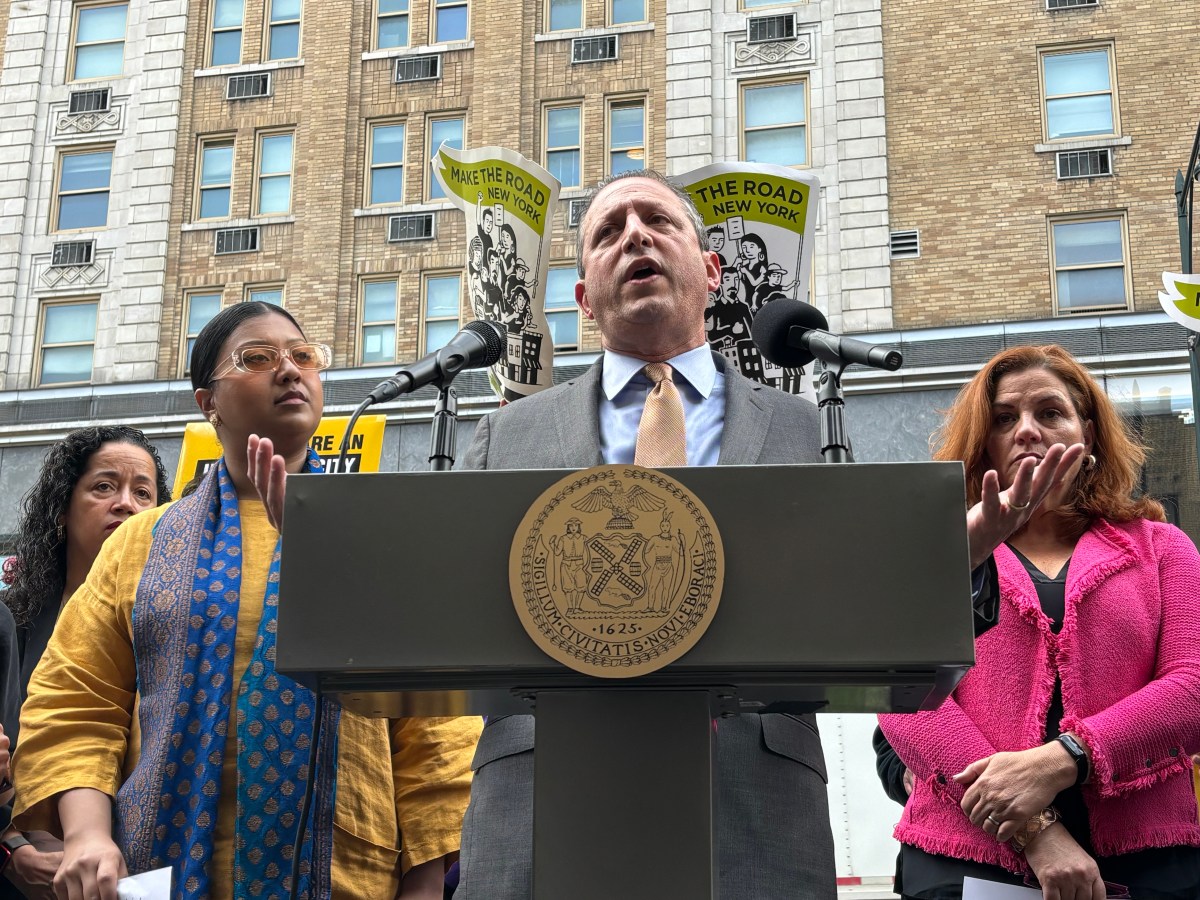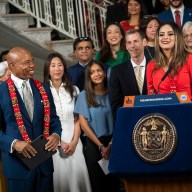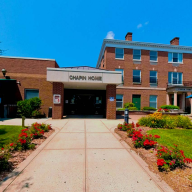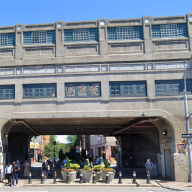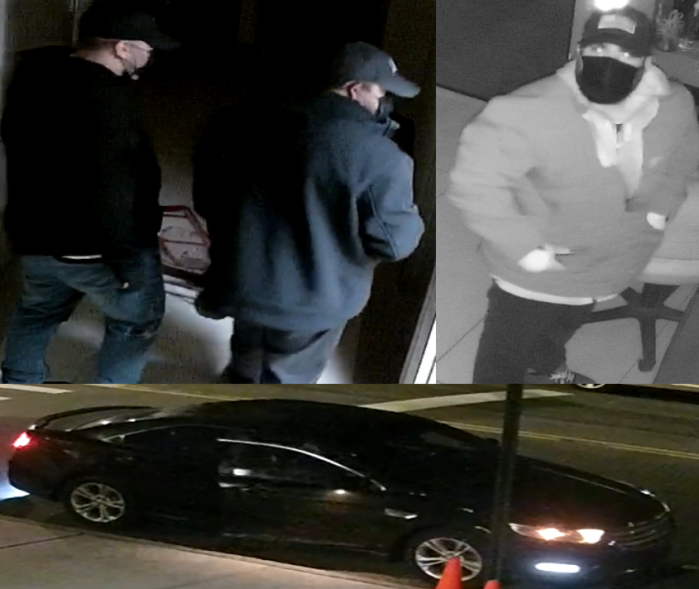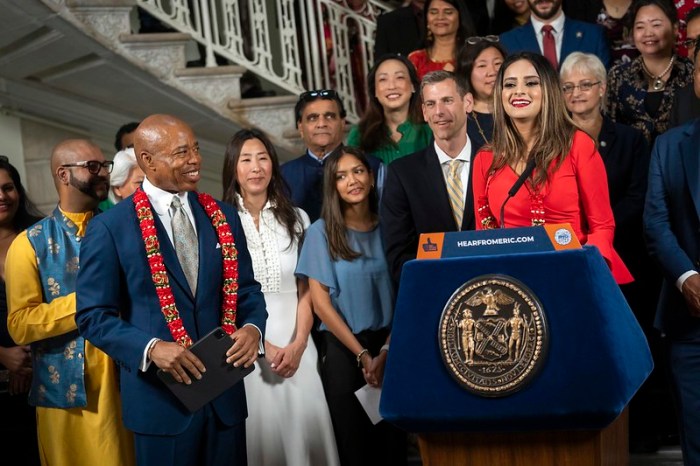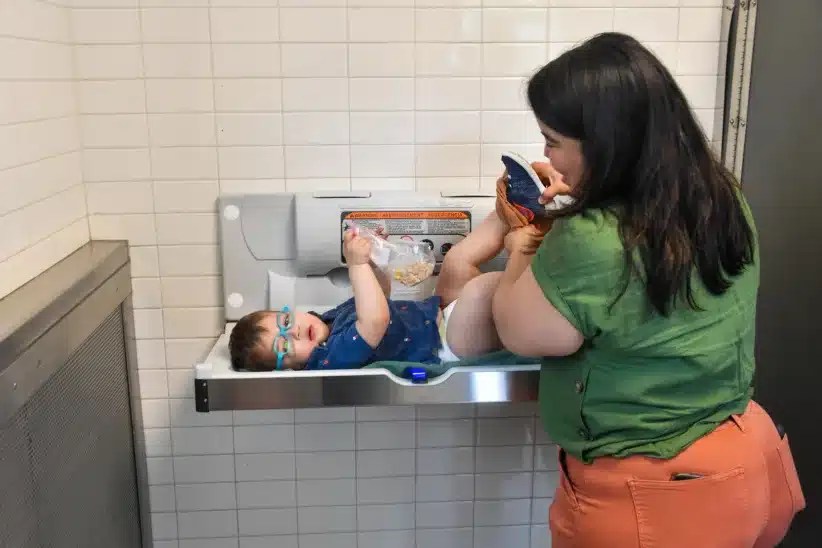Also Includes Rent Regulation Enforcement
The state attorney general announced more than $460,000 in agreements with a landlord and three developers–reached last Wednesday, Nov. 19–in unpaid wages and for violating the rent-stabilization requirements of property tax incentives deals meant to encourage development.
Attorney General Eric Schneiderman stated in a release that the developer of 63-36 99th St. in Rego Park, has agreed to pay $10,000 in wages to three building service employees, and will fork over another $90,000 for failing to offer rent-regulated leases required under the state’s 421-A program.
The developer, Tushur Development, LLC, of Queens, received tax breaks under the program to encourage building.
Additionally, the landlord of two buildings at 138-06 35th Ave. in Flushing has been ordered to pay $10,000 for not offering rentregulated leases to eight families, Schneiderman stated.
Payments will go to the city’s Affordable Housing Fund, and will used by the Department of Housing Preservation and Development to fund housing construction for low-income families, it was noted.
Of the total settlement, $454,082 will go to workers to cover wage underpayments to about a dozen workers, it was noted. These employees were paid $8.50 to $11 an hour, well below the applicable prevailing wage beginning at $16 an hour, and did not receive benefits, vacation or sick time as required under the law, Schneiderman stated.
“Tax breaks offered to developers and landlords are not freebies. They come with legal obligations to New York taxpayers–ones that developers and landlords agree to abide by when they accept the tax incentives,” Schneiderman said. “My office is dedicated to ensuring that everyone plays by the rules. In this case that means holding accountable those who accept lucrative tax exemptions and then ignore their responsibilities, including paying required wages to building service employees and providing rent-stabilized leases to New York families.”
The agreements come during an ongoing investigation from the attorney general’s office into property developers and landlords who accept the incentive deals but fail to fulfill the requirements mandated by the program, Schneiderman stated.
The settlements also require that almost two dozen apartments in four NYC buildings be added to the state’s rent regulation rolls, it was noted.
“We need to get the most out of every dollar we spend, and it is vital that the people with whom we do business treat their workers fairly and deliver the affordable housing they promise,” Mayor Bill de Blasio said. “We won’t stand for anything less. We are deeply grateful to Attorney General Schneiderman for recouping back wages and protecting the affordability of dozens of apartments.”
“We look forward to working together to build and preserve more affordable housing in every community,” he added.
Buildings that received tax incentives from the state program with more than 50 units are required to pay a prevailing wage rate to employees, or rent at leat half of the building’s units at affordable rents, it was noted in the release.
Jose Casillas, a 46-year-old Queens father of three and concierge at a Brooklyn apartment building who is among the workers that will be receiving back wages said: “Getting this back pay will make a big difference for me and my family, especially paying for my daughter’s college tuition. The situation in our building has gotten much better in the last few months since we got our union contract and saw our pay go up to prevailing wage.”
The investigation is being handled by Assistant Attorneys General Kevin Lynch, Section Chief Seth Kupferberg, Bureau Chief Terri Gerstein, all of the Attorney General’s Labor Bureau, and Executive Deputy Attorney General for Social Justice, Alvin Bragg. The investigation is also being handled by Assistant Attorneys General Elissa Rossi and Nicholas J. Minella, Special Counsel Jeffrey R. Rendin, Deputy Bureau Chief Andrew Meier, Bureau Chief Erica F. Buckley, of the Attorney General’s Real Estate Finance Bureau, and Executive Deputy Attorney for Economic Justice General Karla G. Sanchez.


